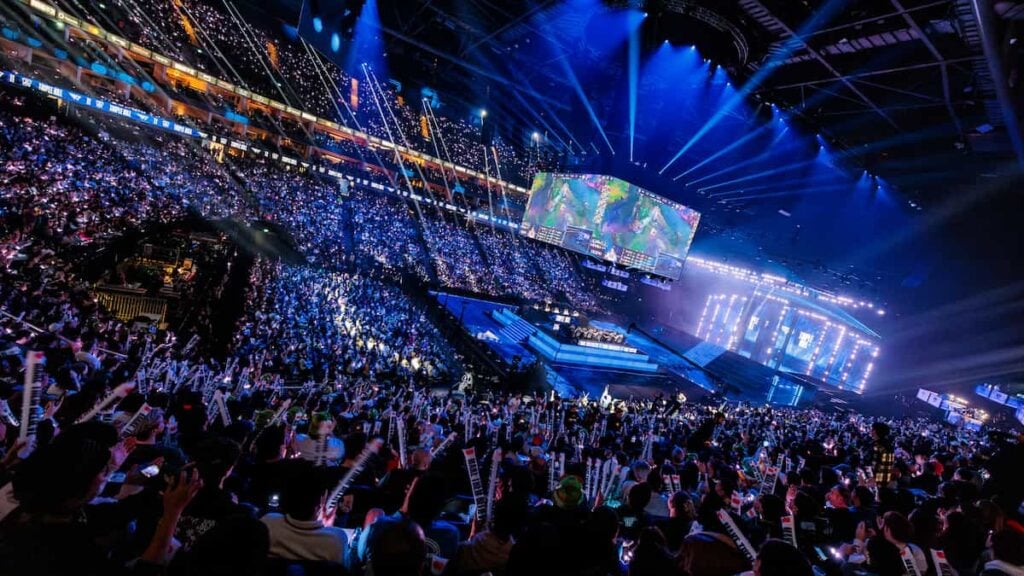
Ireland recently unveiled a fresh wave of gambling licensing guidelines under its 2024 Gambling Regulation Act, overseen by the Gambling Regulatory Authority of Ireland (GRAI)—and it impacts how betting intersects with the world of esports.
The changes are part of a broader push to modernize the country’s gambling framework and ensure responsible practices, especially as esports continues to grow increasingly popular among younger audiences.
The new licensing structure, outlined in detail on the GRAI’s website, introduces a formal application process for any operator hoping to legally offer gambling services in Ireland. That includes traditional sportsbooks, online casinos, and most importantly, platforms that offer wagering on esports titles such as League of Legends, Counter-Strike, and Dota 2.
Under the updated guidelines, every operator must complete a seven-step application process that ensures transparency, player safety, and compliance with local law. Applicants are also required to issue public notices about their application and await approval from the regulatory body before launching services.

While these steps might seem bureaucratic, they serve an essential role in distinguishing legitimate operators from grey-market platforms that have historically targeted younger users, particularly in the esports sector.
What do these guidelines mean for esports?
Esports gambling in Ireland has operated with few specific rules governing the platforms offering bets on competitive gaming. The outburst of global tournaments and influencer-focused content has also been a major reason for drawing younger fans to betting platforms.
Needless to say, this has raised concerns over factors such as underage access to betting and misleading advertisements. With these new regulations, Ireland is setting a higher standard for licensed operators.
Every operator will be held to a strict set of laws and advertising protocols, including a ban on gambling advertisements between 5:30am to 9am. Every operator will also have to implement a wide array of betting tools aimed at reducing the risk of harm caused by gambling to younger individuals in the esports community.
These guidelines will ensure fewer risky platforms, more options for legal and responsible betting, and clear rules for professional players and content creators in the region for partnering with gambling brands. In short, they aim to protect the younger demographic and ensure a safe, legal, and transparent betting environment.







